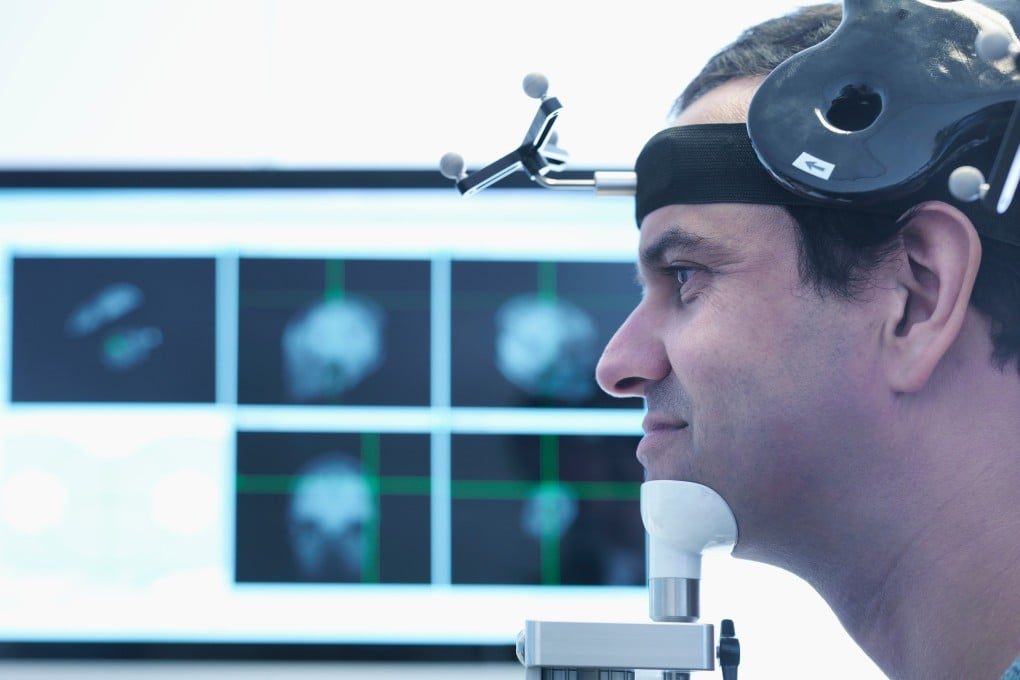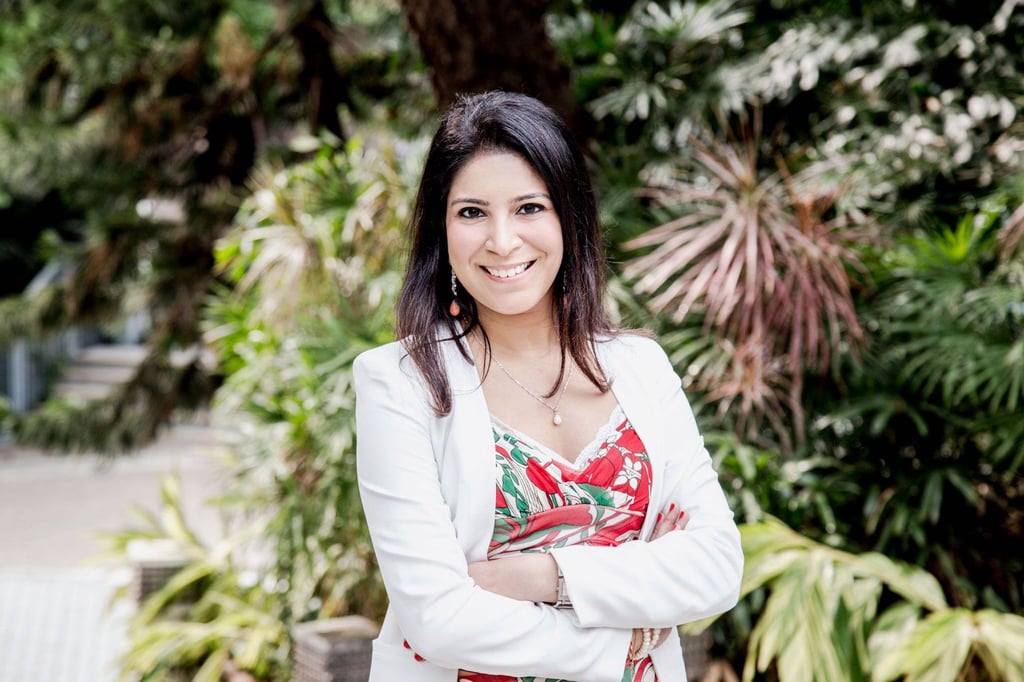5 OCD research findings that could drive new treatment, from gut microbiota to ketamine
The holidays can exacerbate symptoms of obsessive-compulsive disorder but new research into its causes is leading to greater understanding

This festive season, you may be spending time with loved ones who suffer from mental health conditions such as anxiety, depression or obsessive-compulsive disorder (OCD).
OCD is both common and commonly misunderstood. At least 1 per cent of people worldwide suffer from this disorder, the US-based International OCD Foundation estimates, making it the fourth most prevalent mental health disorder.
With this condition, a sufferer has obsessions – or intrusive thoughts – which they are compelled to try to ease by performing rituals or actions, such as handwashing.

The holidays can trigger and exacerbate symptoms, Mahtani says. Those with contamination OCD may worry about being in contact with raw meat in the kitchen and about how clean their hands are.
When exchanging gifts, not knowing who else has touched them can trigger worries over whether they are “safe”.